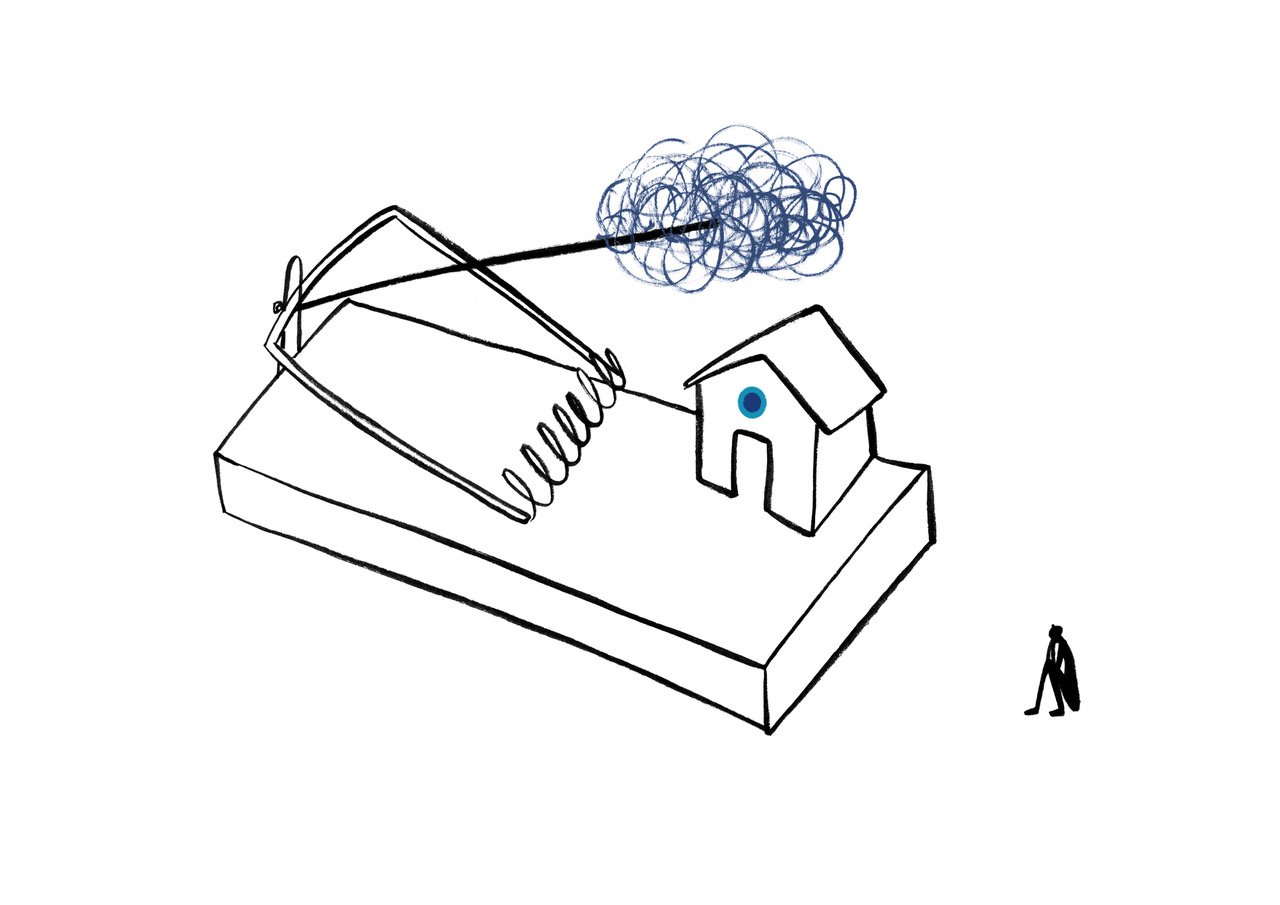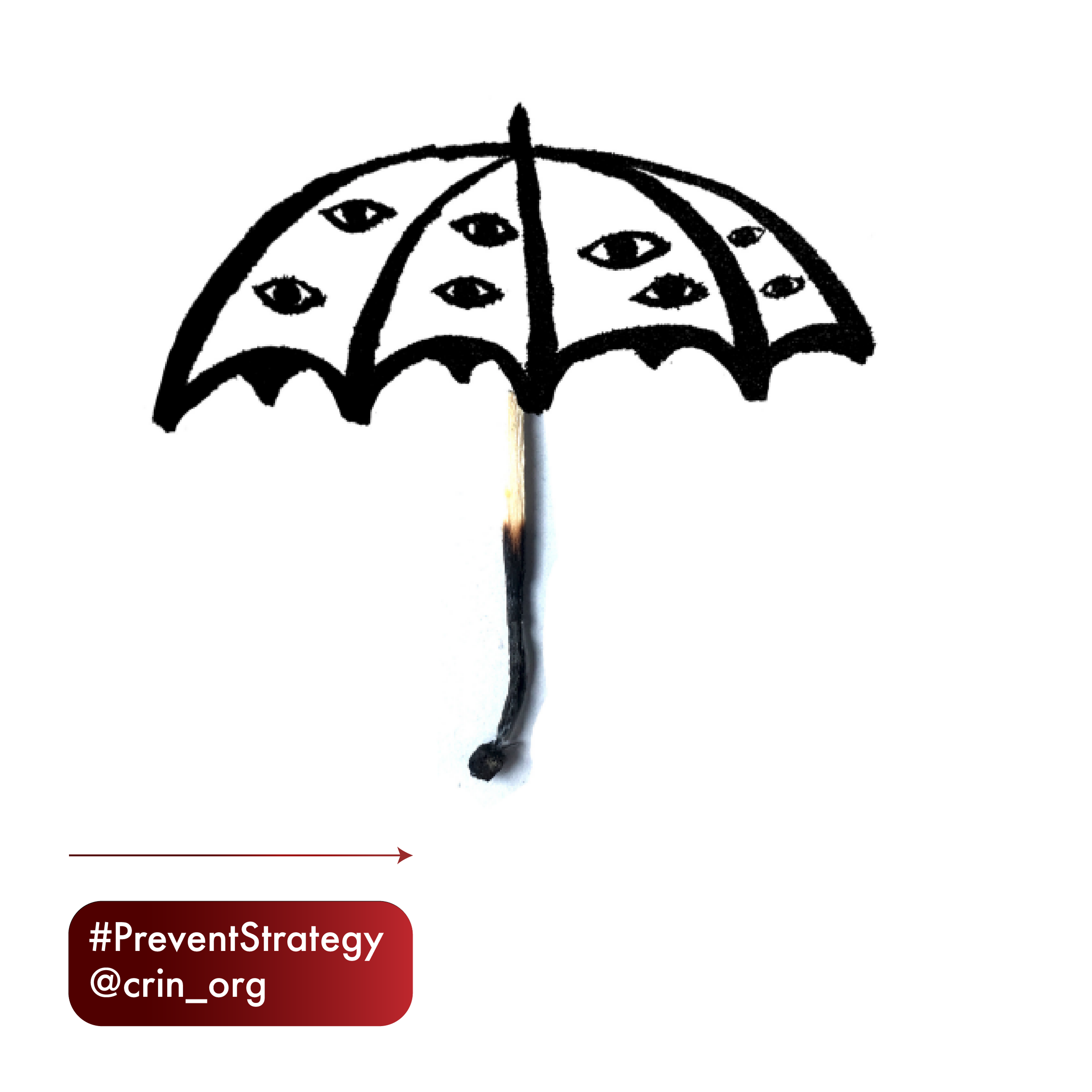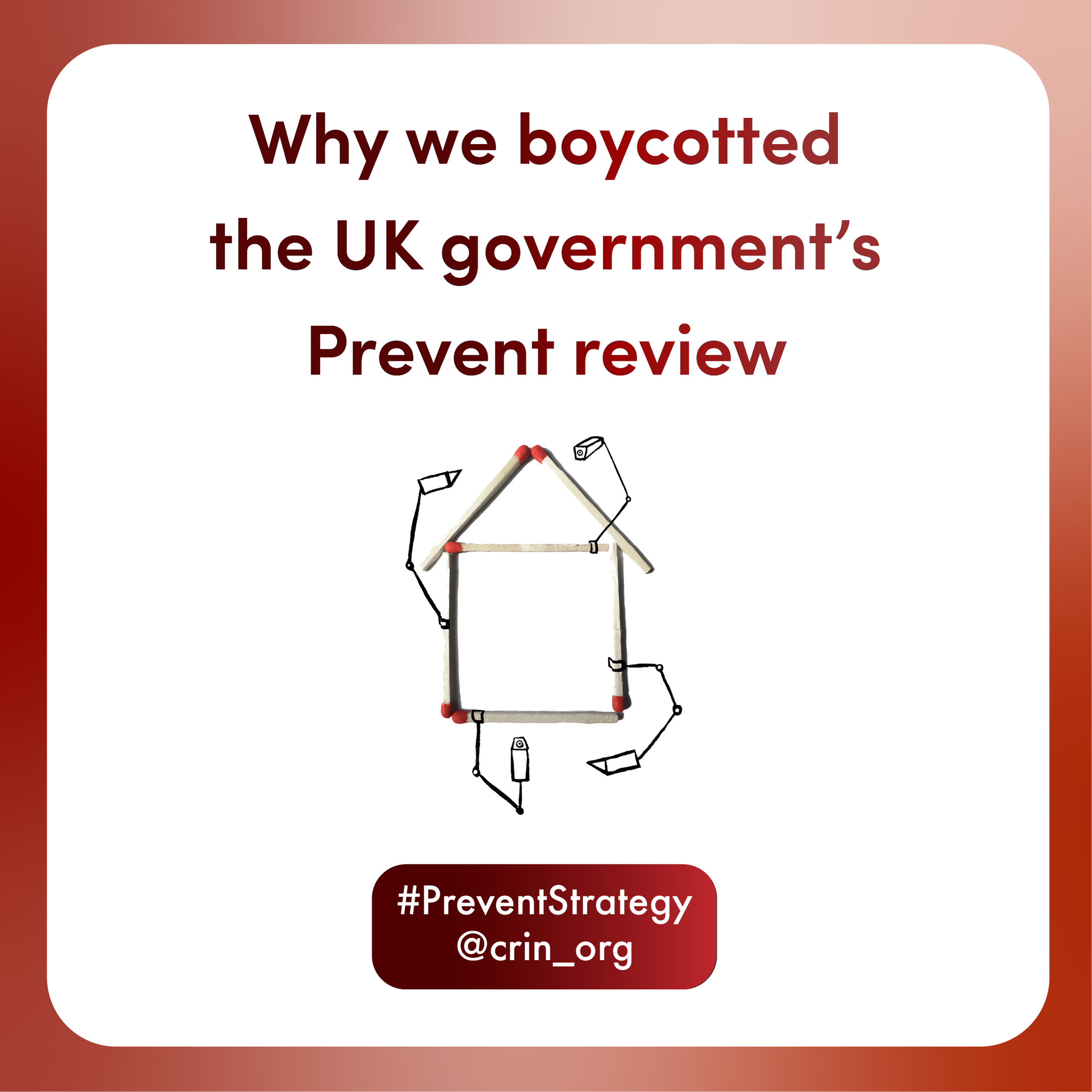In this project, we look at how counter-terrorism measures in the UK - from policies aimed at preventing atrocities, to those aimed at rehabilitating people convicted of terrorism offences - are impacting children’s rights.
We work together with a wide range of organisations addressing counter-terrorism, from human rights and humanitarian organisations, to education and health policy experts and community groups. We published our first report on the UK’s prevention strategy, Prevent, in 2022, and are continuing to advocate for necessary reforms. Our overall goal is to end the violation of children’s rights for counter-terrorism purposes, while ensuring that children are protected from being drawn into terrorist activity in the UK.
Why are we working on this project?
Children are often victims of terrorist attacks and occasionally perpetrators themselves. Government policy should be focused on protecting children from radicalisation - whether this means being protected from atrocities or being discouraged from joining armed groups.
The most effective approach to tackling this issue is to address the human rights violations (poverty, discrimination, conflict) that cause terrorism to flourish. Other factors - including easily accessible online content that encourages extreme violence - should also be considered.
In recent decades, however, governments have opted for policies that violate human rights, disproportionately affecting the rights of children. In the name of ‘fighting terrorism’, the UK has adopted particularly hardline policies towards children in the context of counter-terrorism. For example, they have prevented the return of British citizens recruited as children or those born to anyone recruited by the so-called Islamic State, leaving them stuck in North East Syria. The UK’s approach to counter-terrorism has also been influential internationally, with other countries modelling their policies on the UK’s much-criticised Prevent Strategy. We believe that the government’s focus should be on safeguarding children from any terrorist threats, rather than continuing to abuse human rights in the name of ‘security’.
Why now?
The threat to children from terrorism is evolving, and current schemes are neither protecting children effectively nor upholding their rights.
After the Southport attack in 2024, the new UK government announced a significant review to counter-terrorism and the Prevent strategy. This review must address the challenges outlined in the section above, including decisive action on how children can return from North East Syria. By contributing CRIN’s child rights expertise, we have an opportunity to work with others in the field, to influence these legal and policy decisions, and to shape the impact of counter-terrorism measures on children for years to come.
Our UK-focused project follows up on CRIN’s international work for a rights-based approach to counter-terrorism measures affecting children, especially at the UN and the Council of Europe; for example, we contributed to the UN’s Global Study on Children Deprived of Liberty. We also worked with an international group of NGOs - the Child Justice Advocacy Group - to release a position paper on child returnees from ISIL-controlled areas, and produced an international survey of counter-terrorism measures and how they impact children.
What do we want to achieve?
Our overall goal is that the UK government adopt a human rights-compliant approach to counter-terrorism measures affecting children. Specifically, we would like to see the following changes:
The discriminatory and securitised Prevent Strategy should be repealed. It must be replaced with a prevention policy which is genuinely focused on safeguarding children from recruitment and exploitation by armed groups (rather than on surveillance and policing of their lawful activity).
UK law and policy should recognise that children recruited or groomed by armed groups are victims of grave human rights abuses; their primary focus should be on children’s rehabilitation and reintegration. In the exceptional case that children are prosecuted for ‘terrorism offences’, diversionary and restorative justice practices must be prioritised over custodial measures.
Social, education and health services should be funded sufficiently in order to provide appropriate safeguarding of children at risk. This should include all children being supported through education to develop political literacy, critical thinking skills, and awareness of how to stay safe online - as well as ensuring those who require additional specialist education or health support receive it promptly.
The Online Safety Act should be implemented in a manner which protects children from extreme violence and recruitment by non-state armed groups and respects their rights.
Structural conditions which leave children vulnerable to recruitment by non-state armed groups must be addressed.
Clear, uniform, and transparent data processing policies regarding the prevention of child recruitment and use must be adopted. These policies should comply with human rights law - in particular the right to privacy, with data protection law and common law duties.
The UK should adopt a child rights compliant approach to children returning from Iraq and Syria.
What have we done so far, and how?
Since the start of our UK-specific project in 2020, we have invested time in building relationships with other organisations working on counter-terrorism in the UK. We have also produced a major report on Prevent, alongside other resources and reports that hold the government accountable.
We compiled a guide to help researchers, policymakers and practitioners quickly get to grips with what’s out there and easily access resources focused on rights-based responses.
In 2022, we published a report assessing how the UK’s prevention policy is impacting children’s rights: the first part of our body of work looking at the full spectrum of counter-terrorism measures.
We’ve also written an FAQ that considers how Prevent impacts children’s rights.
In 2025, we also published ‘To Protect or Punish? Children, counter-terrorism and the criminal justice system’.
We joined an informal network of civil society organisations working on Prevent, which we have helped to develop into a vehicle for collective work as ‘A Community Counter to Prevent’.
Advocating for the repatriation of children from north-east Syria
We jointly formed a new NGO coalition on repatriation of citizens from north-east Syria, to enable us to coordinate our advocacy with key parliamentary groups, including the Home Affairs Committee, Foreign Affairs Committee and the newly formed All-Party Parliamentary Group (APPG) on Trafficked Britons in Syria.
Following serious concerns about the person appointed to lead the ‘Independent Review’ of Prevent (including a public record of Islamophobic comments), we joined a civil society boycott of the Review, and participated instead in an alternative, civil society-led review of the policy (the People’s Review of Prevent, coordinated by the organisation Prevent Watch).
We produced an accessible FAQ resource explaining Shamima Begum’s Supreme Court case and the decision, which we shared with policymakers and journalists.
What has the impact been so far?
Working in partnership is very important to this project, so we see any impact as collectively achieved. We believe the coalition-building and collective work we have been involved in has led to a more united civil society voice on Prevent and on repatriation, and our evidence has allowed national and international bodies to more effectively scrutinise the impact of UK counter-terrorism policies on children.
Our joint boycott gained media attention and is raising awareness of the flaws in the government-commissioned review of Prevent, which will help to contest its conclusions (which we expect to further entrench negative impact on children).
We have played a key role in developing the informal civil society network on Prevent into the public coalition ‘A Community Counter to Prevent’ (launched in February 2022), which enables the many organisations campaigning against the policy to pool efforts and work together more effectively.
Following our submission and others, the Committee on the Rights of the Child included some strong questions on counter-terrorism measures in its List of Issues for the UK, setting the stage for scrutiny of this issue in the upcoming Review.
The report of the Inquiry by the APPG on Trafficked Britons in Syria used our written evidence in its assessment of the UK's responsibility to bring an end to British children’s detention in North-East Syria, and its analysis of the UK’s policies of family separation and citizenship deprivation.
Related areas of focus
Deprivation of liberty
Read more on this here.
Counter-terrorism
Read more on this here.
Support the campaign now!
Related content: Counter-terrorism, Child returnees, A-Z of children’s rights issues
















